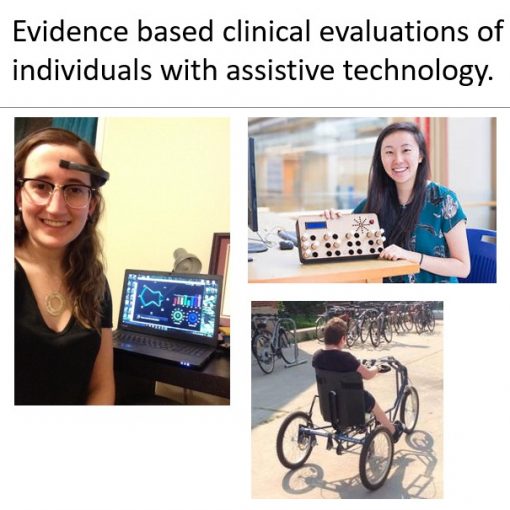
Building and Designing Assistive Technology Lab
Through research and designing, we create assistive technology to help increase the independence of persons with disabilities.

Through research and designing, we create assistive technology to help increase the independence of persons with disabilities.
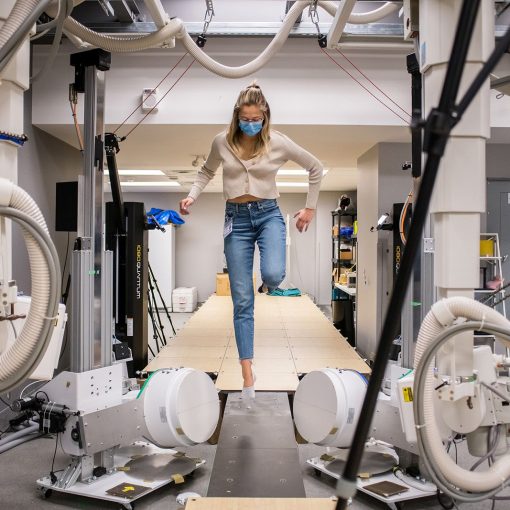
A high-performance human motion laboratory and a three-dimensional fluoroscopy system provides unprecedented capacity for studying the biomechanics of joints and to assess activities of daily living in real time.
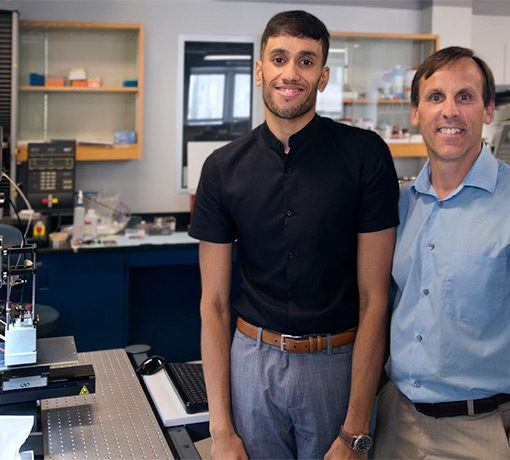
Dr. Brian Amsden’s research focus is on the creation of effective biodegradable and biocompatible polymers for biomedical applications.
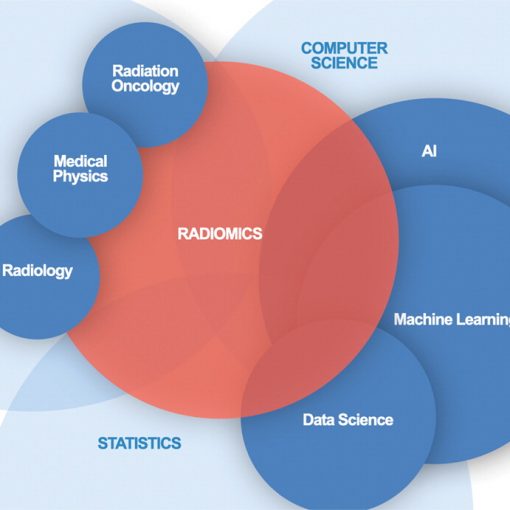
A core tenet of the emerging field of radiomics is that modern, high-resolution CT imaging contains information that is invisible to the human eye, but that can be extracted and analyzed using image processing and computer vision techniques.
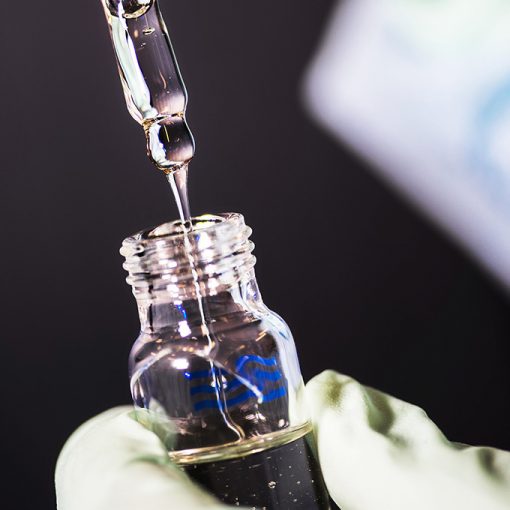
The iKnife is an operative tool that can detect cancer in tissues at the time of surgery. The intelligent knife is the coupling of rapid evaporative ionization mass spectrometry (REIMS) technology with electrosurgery for tissue diagnostics.

By bringing together cohesive interdisciplinary teams, CHI is building an innovation platform that is connecting the best-in-class health data with the power of artificial intelligence and machine learning to improve human health.
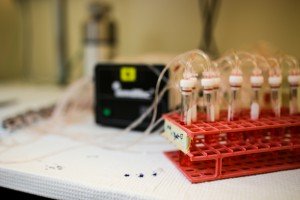
The Bone and Joint Research Laboratory was established by Dr. Heidi-Lynn to develop biomechanical solutions for the prevention, care and treatment of diseased or injured systems.
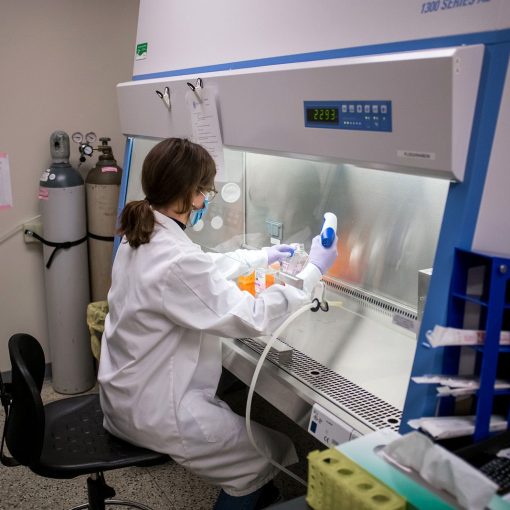
Dr. Roshni Rainbow’s lab focuses on researching tissue development and tissue engineering. Researchers connected to the Regenerative Engineering Laboratory investigate the developmental processes by which biological tissues take shape as they mature towards their functioning adult form. The paradigm integrates stem cell biology, mechanotransduction, and biomaterials with a translational goal of developing regenerative cell-based therapies.
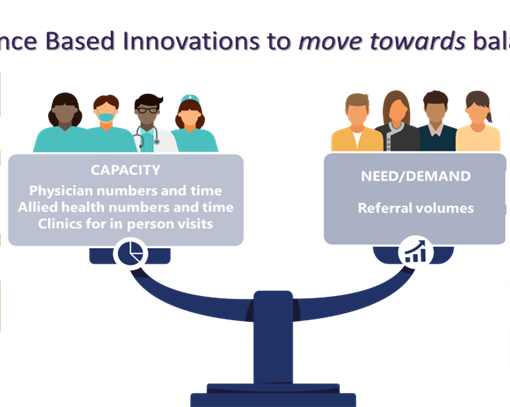
A team with expertise in Project Management and Data Science are pursuing specific innovation projects aligned with the priority themes in the Portfolio. The projects focus on implementation and evaluation of evidence-based innovations to improve care as well as developing infrastructure for the future.